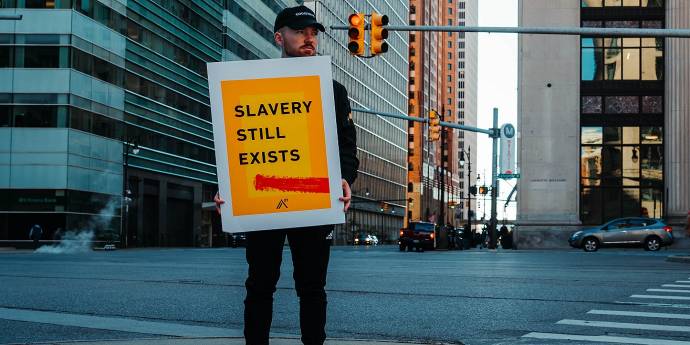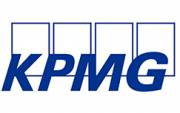‘Just start trading’: how to open the door to India
Keynote speaker Dr Reuben Abraham gives a taste of what to expect at the IoD’s Leadership Conference in May.
New Zealand households spend more than $30 per week on products implicated in modern slavery.

 |
Firstly, let me apologise for the shocking headline. I was trying to get your attention. Nevertheless, identifying, measuring and reporting slavery in your supply chains is now on the horizon for New Zealand directors. It is already the law in Australia, and is in its fifth year of reporting by large companies in the United Kingdom.
But I’m sure it’s not the word “counted” in the headline that gave you an emotional response. I’m confident there is not a single director reading this article who has an appetite for slavery in their business or its supply chains.
Despite zero-tolerance at a governance level, World Vision New Zealand has recently estimated that New Zealand households unwittingly spend an average of $34 per week on industries whose products are implicated in modern slavery. Its Risky Goods – New Zealand Imports report found these risky goods are as diverse as bananas from Ecuador, cocoa from Ghana, clothing from Bangladesh, shrimps from Thailand and Christmas decorations from China.
The report, released in May 2021, identified $3.1m of these products being imported into New Zealand in a single year. But in New Zealand today, there is no legal requirement for businesses importing these products to do even the most basic checks.
Walk Free’s Global Slavery Index estimates that over 40 million people are victims of forced labour, with the overwhelming majority of these being women or girls. Gender imbalance issues are an enormous contributing factor to the prevalence of modern slavery. The impact of COVID-19 on poverty has exacerbated the vulnerability of millions of women and girls to exploitation, human trafficking and modern slavery.
Whilst the focus is often on the hopelessness of the circumstances in many source countries, a “don’t ask, don’t tell” approach at a governance level is no longer acceptable in many developed economies.
The UK passed its Modern Slavery Act in 2015. This requires companies with turnover in excess of £36m to publish a Transparency in Supply Chains (TISC) statement of the steps the organisation has taken during the financial year to ensure that slavery and human trafficking is not taking place in its operations or supply chains. Statements must be published on the companies’ websites, they must be approved by the board of directors and must be signed by a director.
Australia passed a similar law in 2018, which applies to companies with a turnover of more than A$100m and is already affecting a number of New Zealand subsidiary businesses. Australia’s law aims to address some of the weaknesses observed in UK law. For example, it requires Australian companies to report against prescribed criteria, including:
The New Zealand government is yet to commit to following this lead and introducing our own modern slavery legislation. In April 2020, World Vision New Zealand and Trade Aid launched a petition calling for our parliament to enact modern slavery legislation that requires public and private entities to report on the risks of modern slavery in their operations and supply chains, and on the actions they are taking to address those risks.
This followed an open letter signed by over 100 New Zealand businesses calling for an inquiry into a modern slavery legislation.
Given my confident opening statement that IoD members would not knowingly tolerate slavery in their operations or supply chains, let’s not wait to be compelled by legislation to understand our risks, seek out and stop modern slavery.
Matt Prichard is executive chairman at KPMG and World Vision NZ board member.